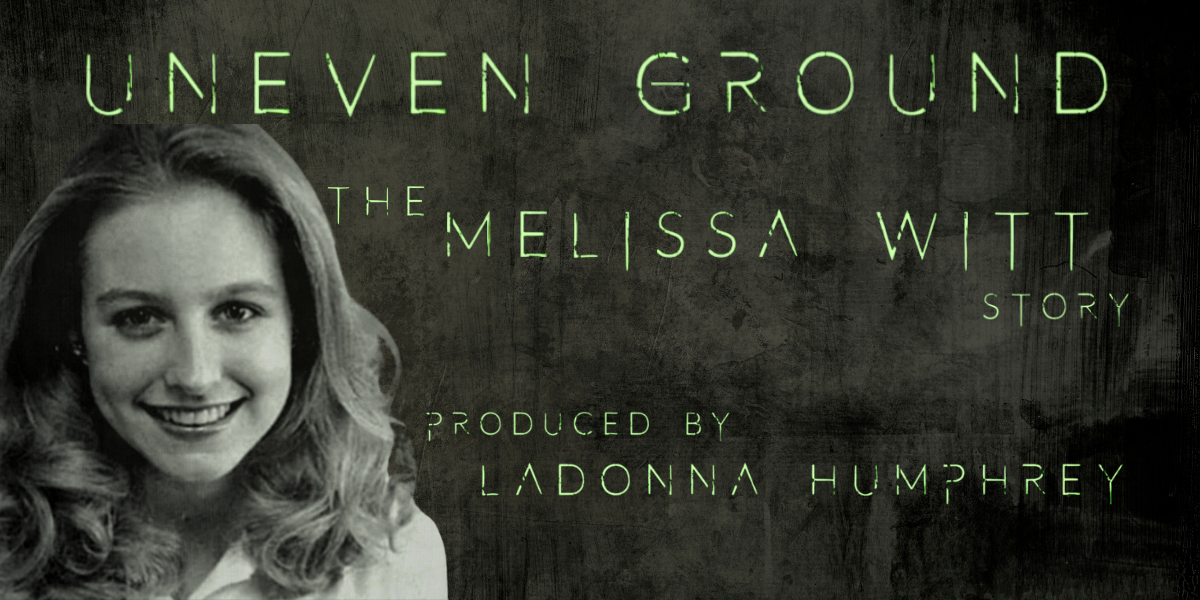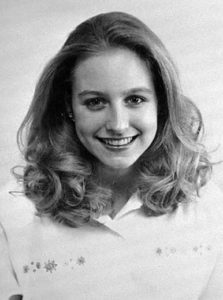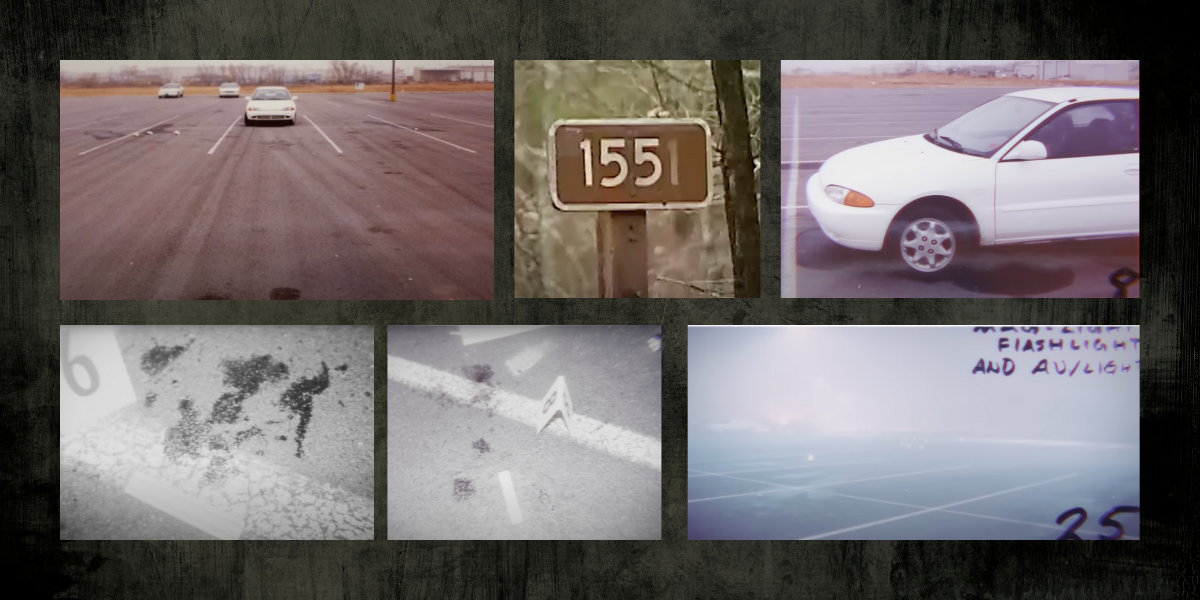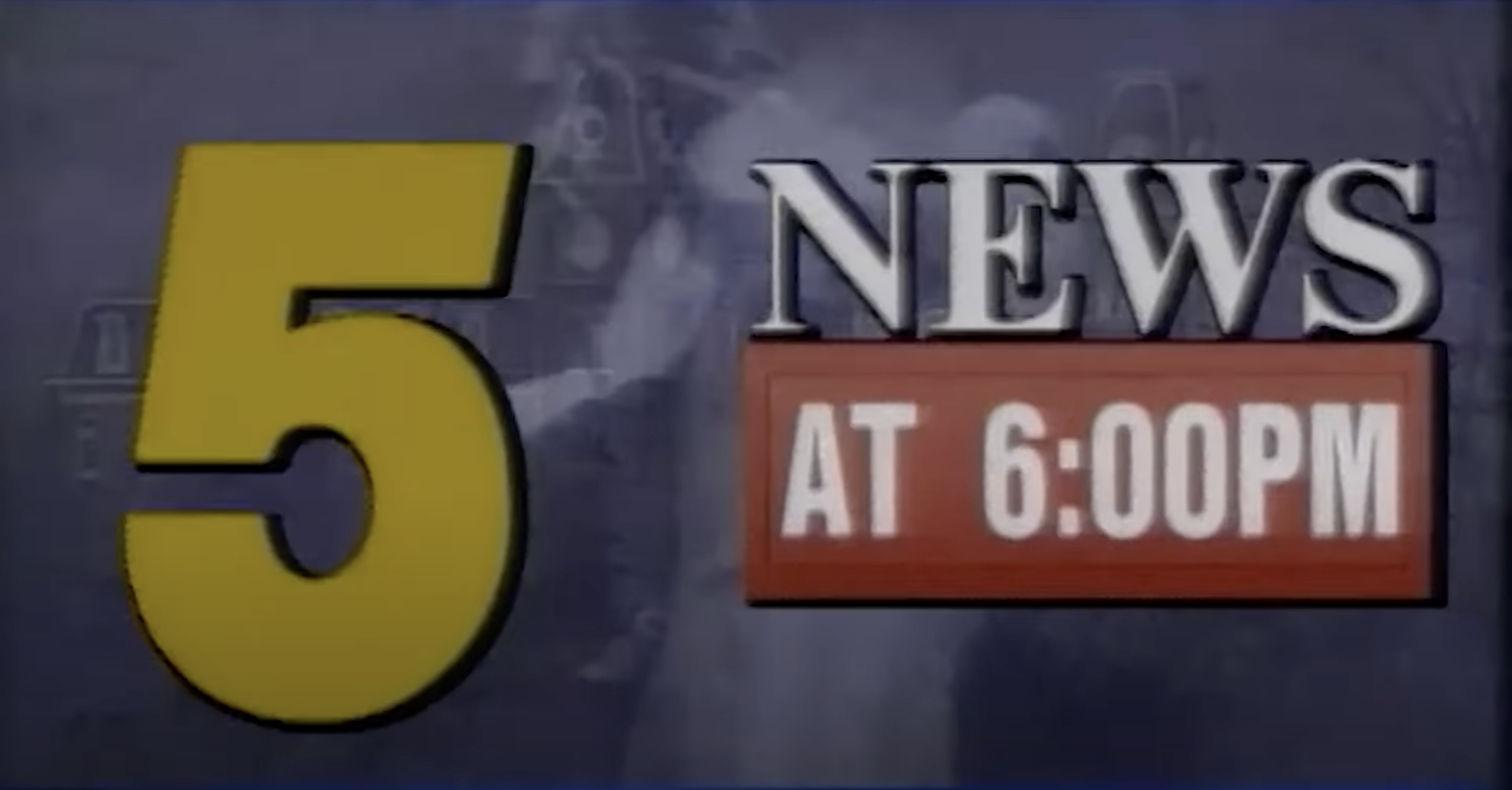By: Andrea Cipriano, MAFP
“I will carry this experience with me for the rest of my life.”

When it comes to advocacy, LaDonna Humphrey is the blueprint.
Not many people dedicate years of their life to the relentless search for answers in a cold case. But, LaDonna Humphrey has done just that, spending nearly every waking moment of the last eight years dedicated to figuring out who killed Melissa Witt — a 19-year-old college student living in Fort Smith, Arkansas.
While she’s written a book series on the case, and has organized the Who Killed Missy Witt Facebook page and official website, Humphrey knew her work was far from over.
Uneven Ground: The Melissa Witt Story (True Crime Documentary) is the latest deep-dive for answers.
As an award-winning writer, podcaster, documentarian, investigative journalist, private investigator and an advocate for victims of crime, it comes as no surprise that her investigative documentary team has left no stone unturned.
Their team was the first to be given full access to the Witt case files, and the team has worked tirelessly interviewing witnesses, communicating with potential suspects, and working alongside retired detectives to find #justiceforMelissaWitt.
Before we hear from Humphrey, meet Melissa Witt.
What happened to Melissa Witt?
 Melissa Witt was abducted from the Bowling World parking lot on the evening of December 1, 1994. Witt never even made it inside the bowling alley. Forensic investigators determined there was a struggle around her car since they found blood, her keys, and an earring.
Melissa Witt was abducted from the Bowling World parking lot on the evening of December 1, 1994. Witt never even made it inside the bowling alley. Forensic investigators determined there was a struggle around her car since they found blood, her keys, and an earring.
Six weeks later, on January 13, 1995, Witt’s remains were found in a remote area of the Ozark National Forrest in Arkansas.
Witt was nude, with her body placed near a headstone-shaped rock. Her clothes and personal belongings were nowhere to be found. Investigators have taken a particular interest in the fact that Witt’s beloved Mickey Mouse watch was not on her when she was found.
Nearly 30 years later, Witt’s case remains unsolved.
Behind the Scenes with LaDonna Humphrey
In a recent email conversation with Humphrey, she pulls the curtain back on the latest documentary.
Uncovered: You note that this documentary is eight years in the making. What were some of the memorable ups and downs of the process? Did you ever have a moment that was like, “Wow, we’re really doing this?”
LaDonna Humphrey: Definitely one of the most memorable moments was when we went out to the Ozark National Forest for the first time. I was nervous to go to the location where Melissa Witt’s body had been recovered and I felt a great sadness on the hour-long drive to Ozark.
When we arrived, right as I stepped out of the car, retired detective Jay C. Rider looked at me and said: “If you were to scream right now, nobody would hear you.” And it was in that moment that I realized just how hopeless and frightened Melissa Witt truly was that cold December night.
It was at that very moment that my life changed. I knew I had to do something — anything — and whatever it took to keep Melissa’s story alive.
I believe we know EXACTLY who killed Melissa Witt, and I truly believe this film will help usher in that justice we have longed for these eight years.

Uncovered: What was it like getting access to the Witt case file? Can you describe the moment you looked at some of the documents for the first time? What went through your head?
LaDonna Humphrey: This was a very surreal moment.
It’s not something I ever anticipated I would be allowed to do, and when it happened, I felt immense sadness.
Reading through the case file and her diary was gut-wrenching. This was a REAL person who was murdered. Her life was stolen from her and reading about it was really hard to do. I cried at many points, especially reading her diary, and when I came across the crime scene photos…. my life was changed again.
I had never been exposed to anything like that, and I was heartbroken. Seeing those photos truly shattered me, but it also fueled my desire to get justice for Melissa. I distinctly remember reading through the files and thinking, “Soak in every word. Look for anything that could help make a difference in this case” — And that’s what I did… for days.
I believe that experience has made me a better advocate and private investigator.
I learned a lot, and I would like to believe that it’s helped to make a difference in her case. My team has brought in new leads, and I am constantly cross-matching new information that comes into us with what I read in the case file. That has been important because it has allowed me to tell detectives, “Hey, what about this — I remember reading this…. let’s look into this…” One thing is for sure: I will carry this experience with me for the rest of my life.
Uncovered: Communicating with potential suspects must’ve been surreal. What was that like?
LaDonna Humphrey: Scary. Surreal. Sad. All of the emotions combined, actually. I have a very fiery and aggressive personality so knowing they could have potentially murdered Melissa fueled me to get every bit of information that I could from them. I don’t regret it, but the experience does haunt me. Most of these men are incredibly dangerous people who are murderers and rapists. I don’t take that lightly… but it was something that I had to do for Melissa and for myself.
I don’t know how to explain it… but I felt compelled to interview them myself. I’m glad I did.
Outside of retired detectives, I am now one of the only living people who had the experience of communicating with all of the potential suspects.

Uncovered: I was so impressed with all of the archival footage, photos, and news coverage. What was the process like to gather all of that?
LaDonna Humphrey: At first it was a frustrating process. It’s really hard to gather that kind of information in a case as old as Melissa Witt’s. Fortunately, we had full cooperation from the community and KFSM Channel 5 News in Northwest Arkansas.
My team and I sorted through HOURS and HOURS of news footage, and we tried to share as much of it as we could in the documentary. We felt it was really important that people watching the documentary felt as if they were experiencing it all firsthand for the first time. I do hope we accomplished that because I have found that when someone experiences it all like that, they are more apt to demand justice.
Uncovered: What do you hope someone gets out of watching Uneven Ground?
LaDonna Humphrey: Three things:
- I hope they learn about Melissa Witt and always remember her.
- I hope every viewer is motivated to stand with us and demand JUSTICE for this beautiful 19-year-old college student that did NOT deserve to die.
- I hope my film motivates and inspires others to get involved in cold cases in their own communities. I am just an ordinary woman that took an extraordinary interest in a cold case in my state. If I can do it and make a difference, others can too. I hope this film motivates others to stand up and DO SOMETHING.
Uncovered: Why is it important to not give up and still look for answers?
LaDonna Humphrey: Because a killer is still out there. And Melissa Witt’s life is worth doing whatever it takes to bring that man to justice. He has to pay for what he did. And I will not stop until that happens.
Love this post? Meet the Author.
Andrea Cipriano is the Content Specialist at Uncovered, where she writes for the twice-weekly true crime newsletter, The Citizen Detective. Andrea graduated with a Master of Arts in Forensic Psychology from John Jay College of Criminal Justice where she focused on researching and peeling back the criminal mind. Andrea believes that it’s never too late for justice.
Uncovered has built a community for thoughtful true crime discussion, advocacy, and comprehensive cold case research. We are the hub for novice and experienced researchers alike, helping members further develop their citizen detective skills. Sound like something you’re interested in? Join our community. Together, we can make a difference.
